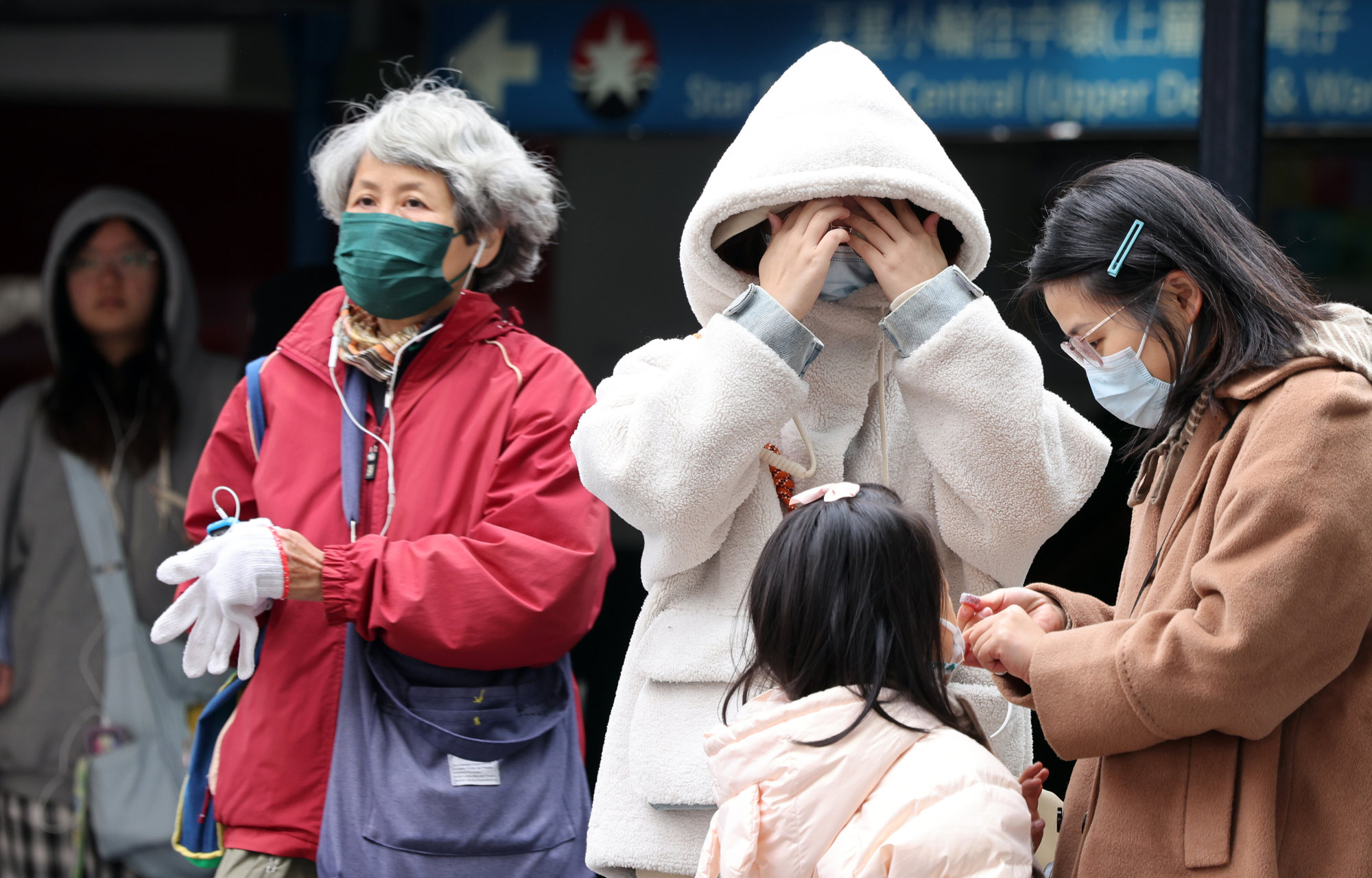Rise in Hong Kong flu infections expected as temperatures drop over Lunar New Year holiday, health expert warns
He added the risk of infection in crowded places was high and urged those with symptoms to stay home.

The professor also advised residents heading to mainland China for the holidays to maintain hand hygiene and refrain from touching poultry and birds to avoid catching bird flu.
The Observatory has predicted that temperatures in the city will fall progressively in the coming week, potentially dropping to a low of 12 degrees Celsius on both Lunar New Year’s Eve on Friday and Lunar New Year’s Day on Saturday.
Respiratory specimens that tested positive for seasonal influenza A or B viruses reached 11.77 per cent between December 31 and January 6, and 10.67 per cent in the following week.
Hong Kong temperature to fall as low as 14 degrees ahead of Lunar New Year
The figure dropped to 6.91 per cent in the third week and dipped to 4.9 per cent between January 21 and 27.
Hui said 27 adults were admitted to the ICU between January 21 and 27. Many of them were not vaccinated and 20 eventually died, he added.
He urged residents, particularly the elderly and other high-risk groups, to get inoculated against the flu as soon as possible to minimise infection risks.
Regarding Covid-19 cases, Hui said 460 patients with the virus were currently hospitalised, adding that the situation was relatively stable and JN.1 was the most prevalent variant.
Hong Kong enters winter flu season with number of outbreaks doubling this week
Referring to information from the World Health Organization, he said the variant posed limited public health risks as it would not cause very severe illness despite being highly transmissive.
The health expert also warned of the possibility of future pandemics caused by the coronavirus, influenza, bird flu and the Middle East respiratory syndrome, adding more typhoons and flooding also increased the risk of mosquito-borne diseases.
Medical surveillance at global laboratories to detect and examine unusual cases to check if there was a new emerging virus would help combat future pandemics, he said.
Hui also urged the Hong Kong government to invest more resources in public health facilities and research to strengthen the city’s ability to face pandemics.